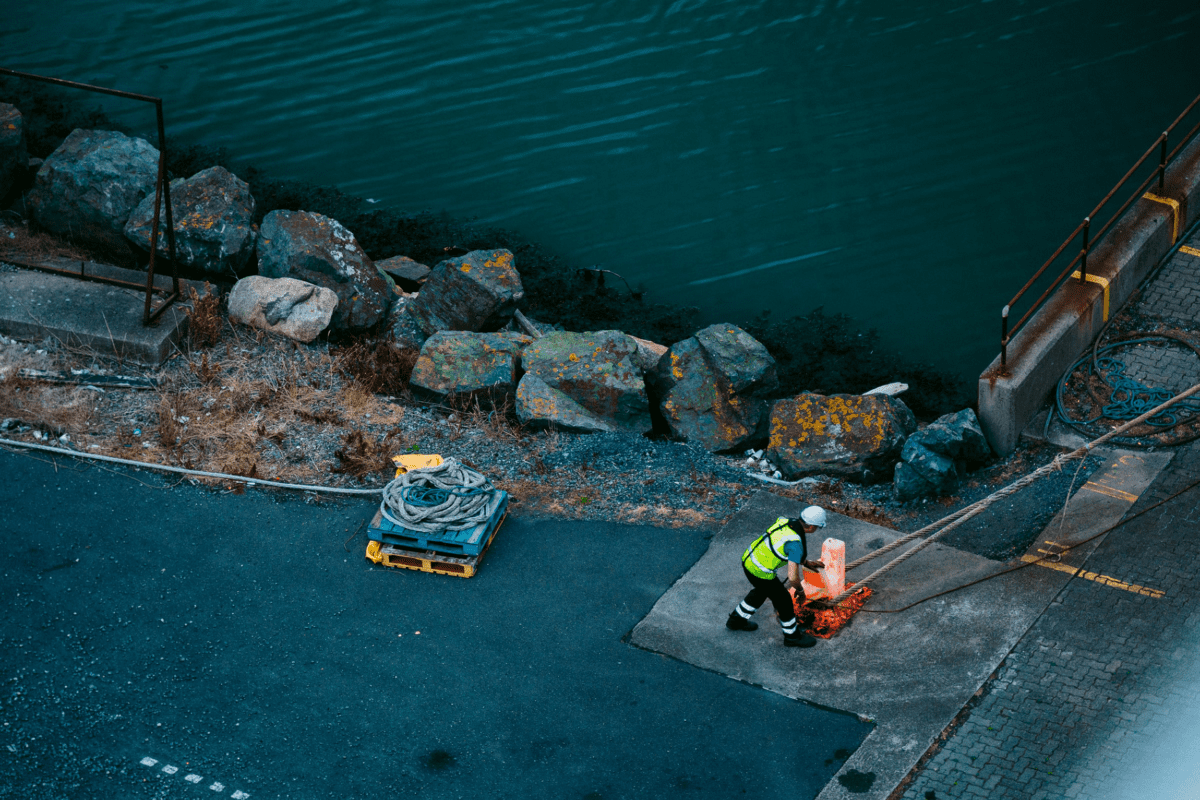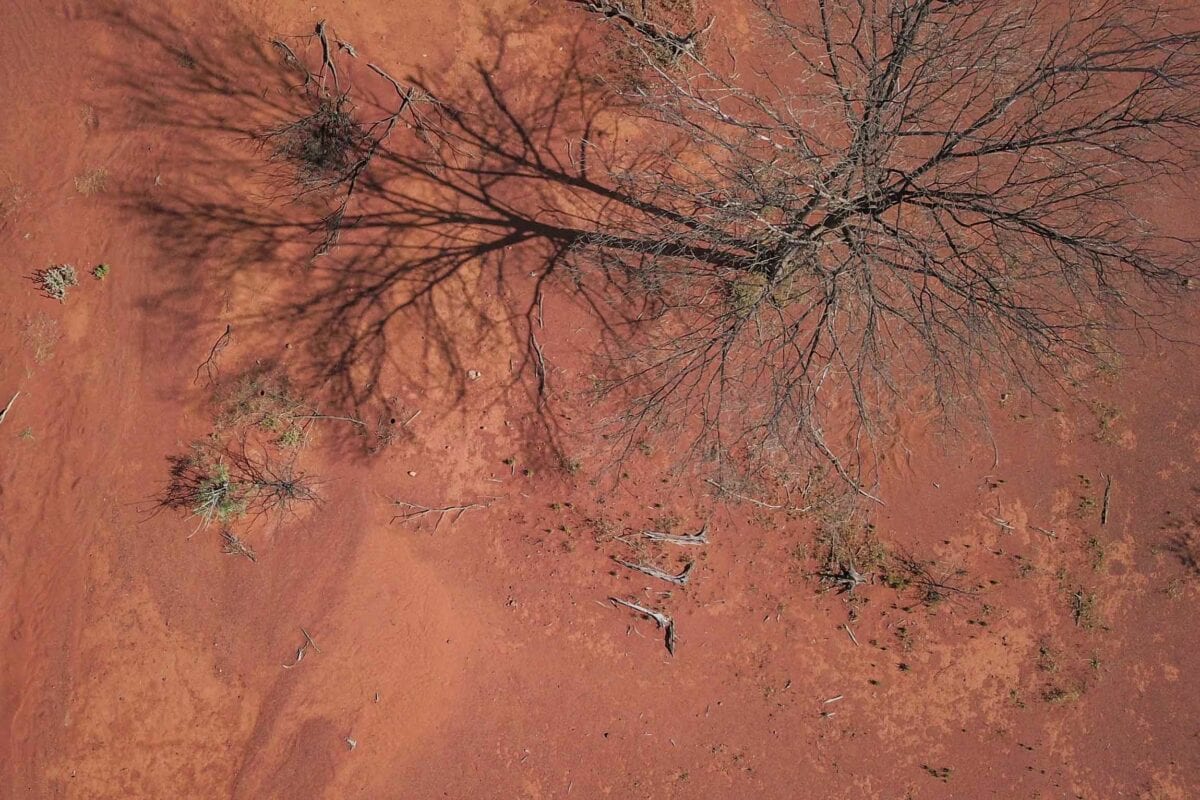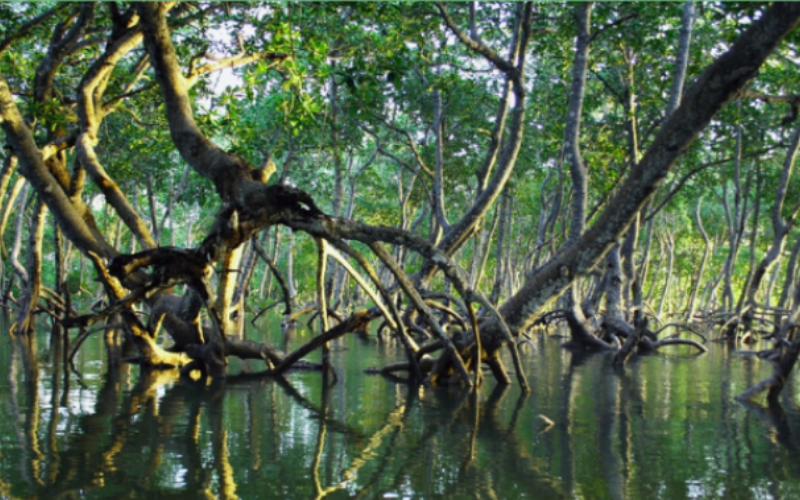Today’s update comes in the deep shadows of events in Ukraine and flood-affected areas in NSW and Queensland at least partly fuelled by delays in decarbonisation and the transition of our communities and economies to net-zero emissions and climate resilience.
Yet again we are seeing lives and livelihoods lost, as well as the destruction of valuable built and natural infrastructure. The avoidable suffering and waste is a cause for reflection. For mine this morning, amongst anger and frustration at those who have prevented or destroyed good policy, was a recollection of one of my greatest regrets in over three decades of public engagement.
This was to agree to the framing of the “Say Yes to a Price on Pollution” campaign. The intent, inclusiveness and implementation of this campaign was excellent. However, the framing and subsequent politics was a massive distraction from what should be a focus on valuing carbon reduction and removal and the opportunities that appropriate investment and transitions can bring.
A similar thought occurred to me last week in the last of our excellent “Carbon Pathways for Primary Producers” series we hosted with the Australian Farm Institute when panellists were asked “is offsets a dirty word”? It is if it is a tool for delay. It is not if it means, via carbon markets, investment in solutions and real action towards decarbonisation and climate resilience.
All this was powerfully reinforced by the latest IPCC Working Group II report, Climate Change 2022: Impacts, Adaptation and Vulnerability Report released overnight. The report highlights increasingly complex, compounding and cascading climate risks and maps out important pathways for enabling policy conditions and investment in climate resilient development. This report is yet another clarion call for urgent action on climate and reversing deforestation, as well as the need for strengthening policy enablers, mobilisation of financial resources, monitoring and evaluation as well as inclusive governance and capacity building.
Australia has more to lose, but even more to gain than any other developed nation in the transition required, and we must seize that opportunity. To do this, we need stronger policies on industrial decarbonisation and reversing deforestation at federal and state levels. As we note in our Advocacy Position Statement, this includes as an investment guide, declining baselines as part of the federal government’s Safeguard Mechanism. We also need continued improvement in the crediting and credibility of land based and other forms of carbon reduction and removal to enhance climate resilience.
Climate policy should remain a central theme leading into the Federal Election, and CMI will continue to work on all of the above in member initiatives and at events such as our forthcoming 6th annual Carbon Farming Industry Forum (register now!).
Finally, I was humbled to be included amongst many esteemed colleagues in The Australian’s “100 Green Power Players” list. Such recognition only comes with the support of great teams such as those I have with CMI and previously had at The Climate Institute. I was of course even more delighted that almost half on the list were from CMI’s membership!

John Connor
CEO
Carbon Market Institute



